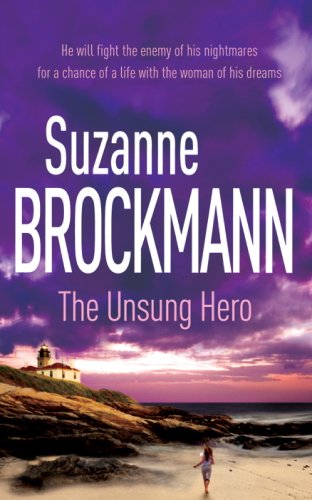
This post is a little late, because I scrapped what I was going to write and went with this instead.
At the weekend, Suzanne Brockmann made the keynote speech at the RWA Convention in Denver. I think this marks a seminal moment in publishing, and sent people home determined to do something.
She spoke about diversity, in particular gay romance. Suz is a pioneer of gay romance, especially in mainstream publishing. Her gay character Jules, a kick-ass FBI agent appeared in several of her Troubleshooter books, and is a reader favorite. There was a real development in these books, and his friendship with one in particular, Sam, turned Sam from a thoughtless homophobic to Jules’ best friend. Once you’ve read Jules, you’ll never forget him. He wasn’t there because he was gay, he was there because he was an FBI agent who happened to be openly gay. His career suffered for it, too.
Jules was no token character. He was distinctive, fully rounded, a man with faults. Someone you could fall in love with.
Tokenism is a tricky thing. The heroine’s gay best friend, the black drug dealer, the Chinese takeaway owner. While there are a lot of these in real life, when they are depicted as “typical,” with flat characterisation, it’s lazy and insulting. It’s a character the author sticks in for the sake of diversity, and miserably fails.
In historicals it’s even more difficult. Earlier this year, Kensington published my first gay novel, Sinless. I got tons of emails asking me to write his story, and I’m thrilled that Darius got his story. I thought I would have to do a quick novella and self publish it (with Kensington’s permission, since it’s part of the contracted Shaws series). And I’m so pleased it was part of a mainstream m/f series. But historically, “sodomy” was punishable by death. So there was deep peril in what came naturally, and most men lived closeted. Because to come out would mean persecution and possible death.
I also tried to write a story about the origin of slavery, as part of the Richard and Rose series. I had to give up. The language they used as a matter of course is just not acceptable today. They used it without being pejorative, but the words are far more laden with historical abuse and hatred when we look at it today. And I always try to be historically accurate. I could have used the word “black” which is just about acceptable, but that upset the rhythm of the book, and the way the words fell on the page. So I gave up. In fact there were lots more people of colour in history, but they were absorbed into the general population. Tradespeople, servants, the infamous black pages, freed slaves and the like. No aristocrats, not in the Georgian and Regency era, but some had ancestors who were poc, like Queen Charlotte, who was said to have African-like features.
The romance industry, particularly in the US, has been slow to accept diverse characters. That’s partly because they are not well represented among romance writers. There is a tradition of black romance writers in the US, and I’ve had the great fortune to meet some of them, including the lovely and hugely talented Beverley Jenkins. In the UK it’s even more dire. That’s not to say that you have to be a POC or gay to write those stories, but it would help if they were better represented.
The RNA is actively involved in encouraging more diverse stories. There’s a long way to go, but at least we’re on the way.
But read Suzanne Brockmann’s speech. It’s astonishingly good, and I do think it marks a new phase in romance writing. From the RWA shunning gay romance, erotic romance and others, rejecting those authors as members, to today, we’ve come some way. During her speech Suz pointed out how difficult it was to write gay characters, from her first book where one of her secondary characters was gay, and her editor made it change it, to the best-selling All Through the Night, she has explained how that came to happen. Mostly because Suzanne Brockmann is a Big Name in romance, and so she had that platform to base her stories on, something she knows only too well.
We’re getting there, but there’s a long way to go.
You can read Suzanne Brockmann’s moving and inspirational speech here. You won’t be sorry. And while you’re at it, pick up the first of her Troubleshooter series, The Unsung Hero. It’s so good.


2 comments:
You are right about Suzanne Brockmann's inspirational and deeply felt speech - I've just read it. Human beings are wonderfully varied - let's celebrate it!
I really want to thank Dr Emu for saving my marriage. My wife really treated me badly and left home for almost 3 month this got me sick and confused. Then I told my friend about how my wife has changed towards me. Then she told me to contact Dr Emu that he will help me bring back my wife and change her back to a good woman. I never believed in all this but I gave it a try. Dr Emu casted a spell of return of love on her, and my wife came back home for forgiveness and today we are happy again. If you are going through any relationship stress or you want back your Ex or Divorce husband you can contact his whats app +2347012841542 or email emutemple@gmail.com website: Https://emutemple.wordpress.com/
Post a Comment